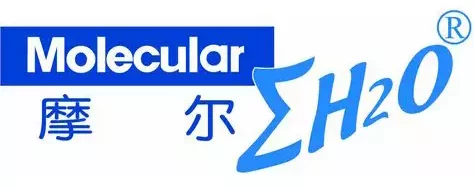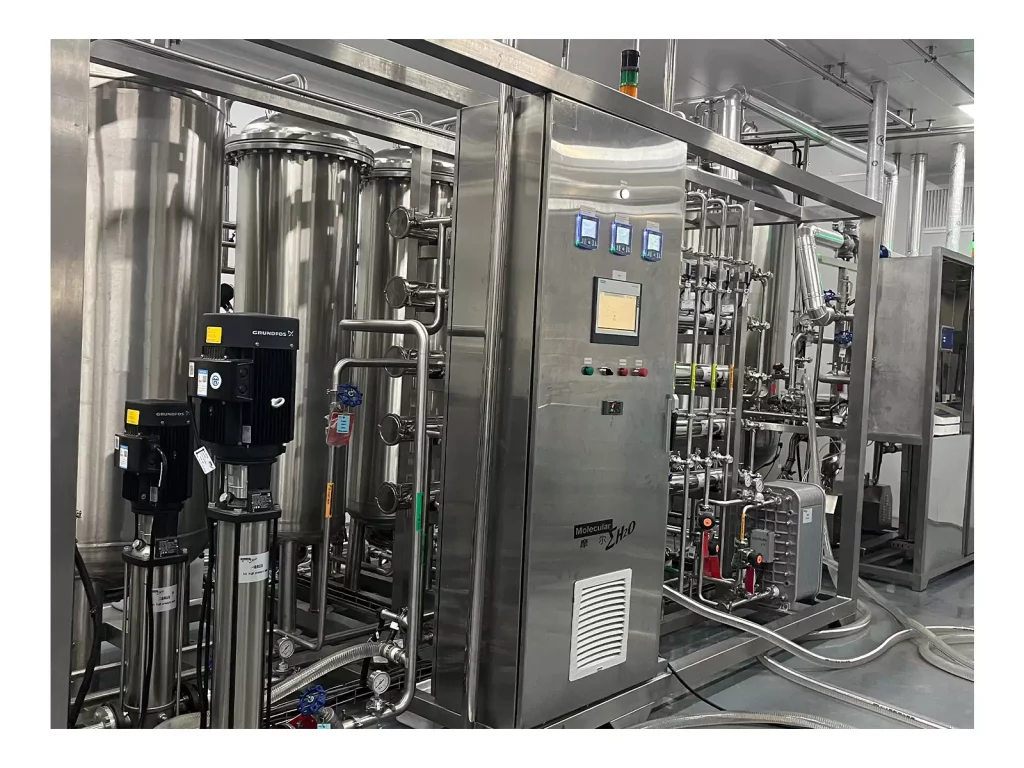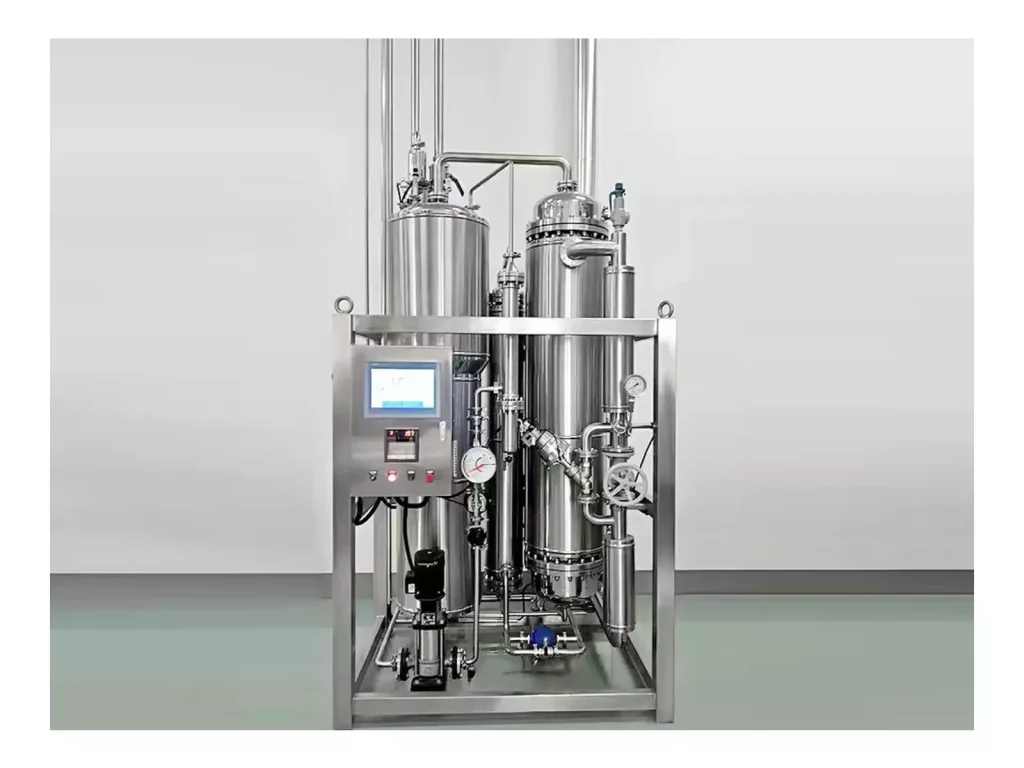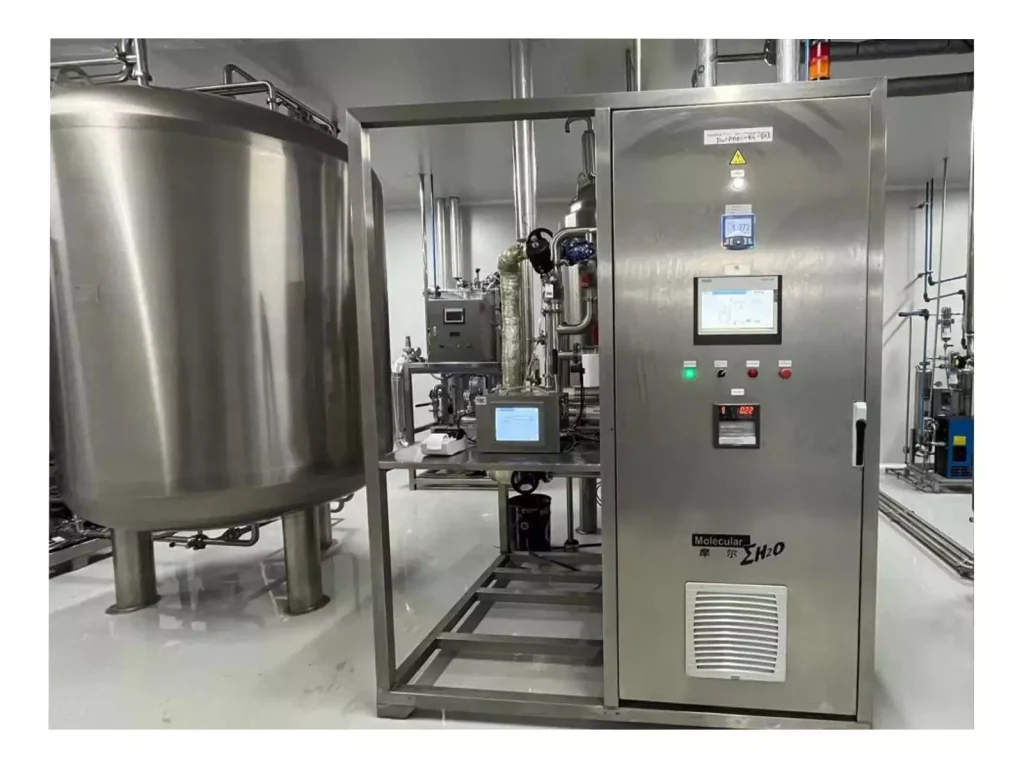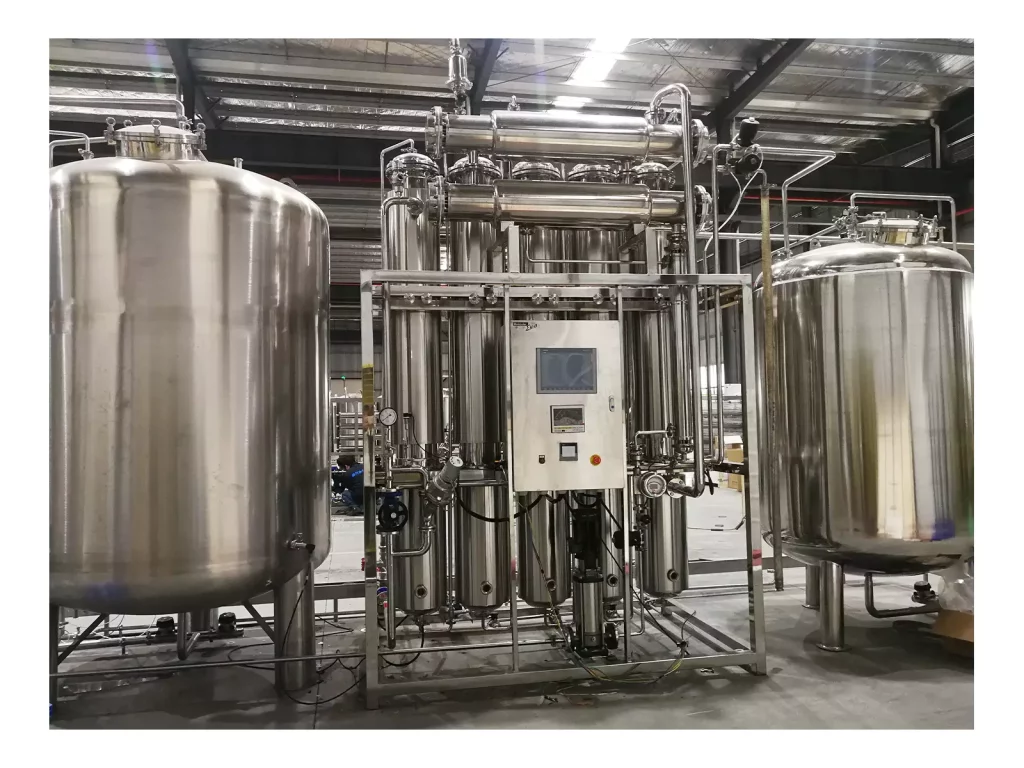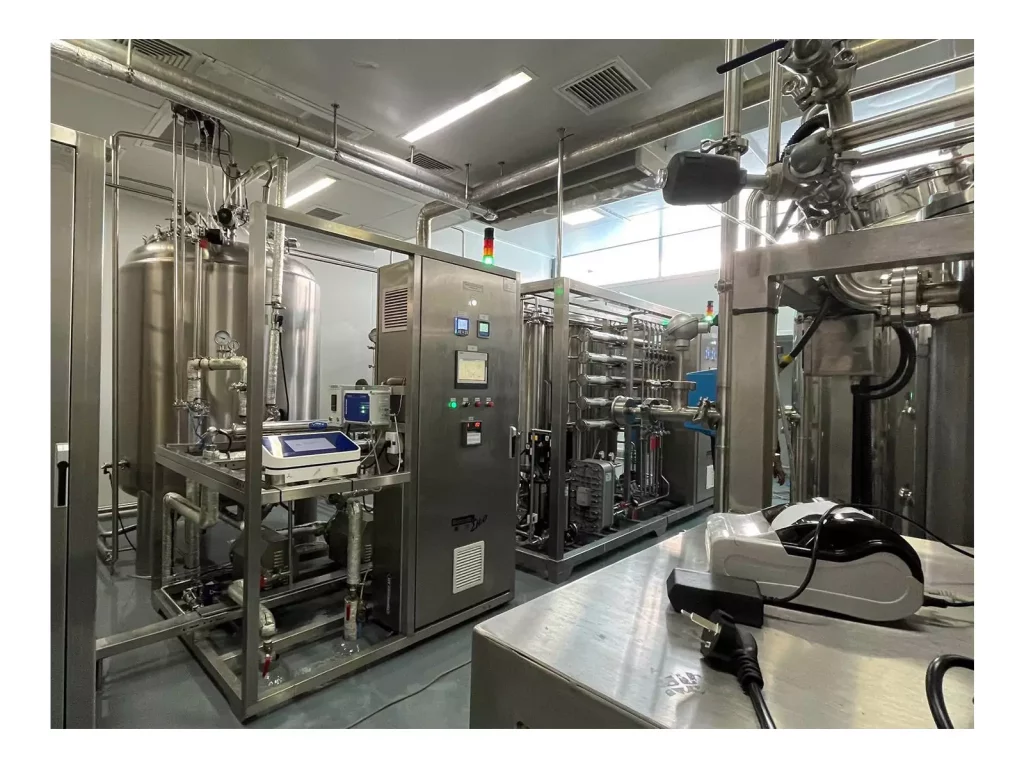If you’ve ever thought about the importance of sterile water for injections in healthcare, you’re certainly not the only one. This water product is specialized and plays an essential role in the medical field; however its applications and limitations are frequently overlooked. We’ll explain the definition of sterile water for injection, its most important uses, and who is using it, as well as crucial safety issues to make it clear how important it is in the modern world of medicine.
What Is sterile Water for Injection?
Sterile water for injection is a form made of water which has been through strict processing to make sure it is completely free of any form of microorganisms such as viruses, bacteria, and fungi. It’s also free of other contaminants like particles or dissolving solids. This purity level allows it to be used in medical procedures when it comes in close contact with bloodstream or body tissue.
As opposed to regular tap water, and even distillate water the Sterile water for injection is made in accordance with strict standards for pharmaceuticals. It is usually packed in sealed containers such as ampules, vials, or vials for sterility, until it is able to be used. The manufacturing process includes techniques like reverse osmosis or distillation followed by sterilization techniques like autoclaving, which utilizes high temperatures and pressure in order to eliminate any remaining bacteria.
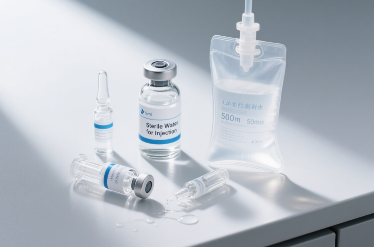
Top 4 Uses of Sterile Water for Injection
1. Used as a drug diluent
Most injectable drugs, specifically those that are sold as powders or very concentrated solutions, need to be mixed in the form in the form of liquid prior giving. Sterile water is an excellent diluent because it doesn’t contain buffers, additives or antimicrobial agents that might interfere with active ingredients and diminish the effectiveness of the medication.
Examples:
• Testosterone formulations as part of hormone replacement therapy
• Human growth hormone (hGH)
• Human chorionic gonadotropin (hCG)
• Cephalosporin and other antibiotic powders lyophilized
2. Reconstitute the freeze-dried powder
Lyophilized (freeze-dried) medications are dehydrated to extend shelf life and to ensure stability. Before using it is necessary to use sterile liquid dissolving the powder and return the medicine to an injectable form as well as keeping its purity and effectiveness. Contrary to the bacteriostatic water for injection, sterile water for injection is free of preservatives and is appropriate for use in cases where antimicrobial agents should be avoided.
3. Flushing medical devices
Catheters, central and peripheral IV lines, along with other invasive devices could build up bleeding clots, drug precipitates, and even particulate debris. A flush of sterile water for injections clears the remaining substance, eliminates blockage and facilitates the flow of the next fluid or medication.
4. Vehicle for direct injection
When a medication requires a liquid carrier but does not need additional excipients-buffers, tonicity agents, or preservatives-sterile water for injection can serve as the sole vehicle to facilitate smooth and accurate parenteral administration.
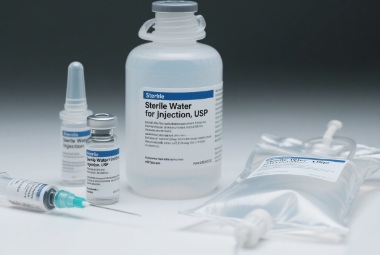
Who Would Use Sterile Water?
1. Healthcare professionals
Healthcare professionals are the majority of those who use sterile water for injections. Pharmacists, nurses and doctors employed in clinics, hospitals and other medical establishments, typically use it as a part of their daily routine. They make use of it to prepare medications for injections and medical equipment flushing as well as to verify the safety and effectiveness of various methods.
2. Pharmacists
Pharmacists are among the primary players when it comes to handling sterile injection water. They use it to create medications, creating custom formulas for patients specifically tailored to their needs. This process requires precise measurements and understanding of how sterile water reacts to various medications.
3. Laboratory technicians
Laboratory technicians can also avail of using sterile water injections in certain medical tests or for experiments. It is a pure solution that doesn’t contain any harmful substances which could influence the results of the test.
4. Home-care Patients
In certain instances, patients receiving treatment at home may require sterilized water for injections under the supervision by a healthcare specialist. This is often the scenario where patients are required to administer certain medications to themselves, like different types of injections used to are used to treat chronic illnesses.
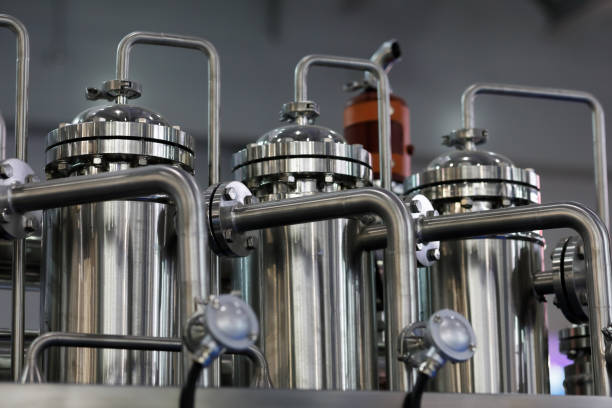
Key Considerations For Using Sterile Water
Proper storage
A proper storage method is essential for sterile water for injection. It should be stored in the original container until it is ready to use and kept at the temperature recommended generally between 20°C and 25°C (68°F and 77°F). Exposed for prolonged periods of time or exposure to sunlight may affect its stability or sterility.
Use Immediately After Opening
When a sterile water for injection is opened it should be used immediately. The portion that isn’t used must be removed, since the likelihood of contamination rises when the seal is damaged. This is due to the fact that even a brief exposure to the elements can bring in microorganisms that may increase and trigger infections.
Accurate Volume
It is vital to select the right amount of sterile water for injection for the purpose for which it was designed. Utilizing too much or little water can impact the dosage of medication and result in a poor treatment or even adverse unwanted side negative effects. Healthcare professionals are trained to calculate and determine the right dosage according to the particular requirements of the medication and the needs of the patient.
Drug Compatibility
The compatibility with medicines is an important aspect to consider. Certain medications cannot be combined with sterile water for injection or require specific diluting agents. It is crucial to verify the label of the medicine or consult a doctor to make sure that sterile water is the best option and that the mix is solid.
Common Mistakes When Using Sterile Water for Injection
Confusion with Regular Sterile Water
It is common to confuse injecting sterile water with normal water that is sterile. Sterile water for injection has been specifically designed and tested to ensure quality to be used for parenteral purposes. Its routes bypass the digestive tract, whereas normal sterile water could contain small amounts of additives that are suitable for topical use, but are not safe for injection.
Reusing Opened Containers
Many people believe that recapping the contents of a container will keep them safe. However, once the container is opened microorganisms are able to infiltrate and multiply. Any subsequent use of the container exposes people to infections.
Misuse for Hydration
While sterile, sterile water for injection should not serve as the only hydration fluid. It does not contain electrolytes. Large-volume administration could disrupt electrolyte and fluid balances, and lead to serious complications like hyponatremia.
Mistaking for Normal Saline
Sterile water for injection is often mistaken for normal saltwater. It contains sodium chloride and is suitable for specific situations of replacement for fluids, whereas the sterile water is free of electrolytes. Picking the wrong fluid can negatively impact patient outcomes.
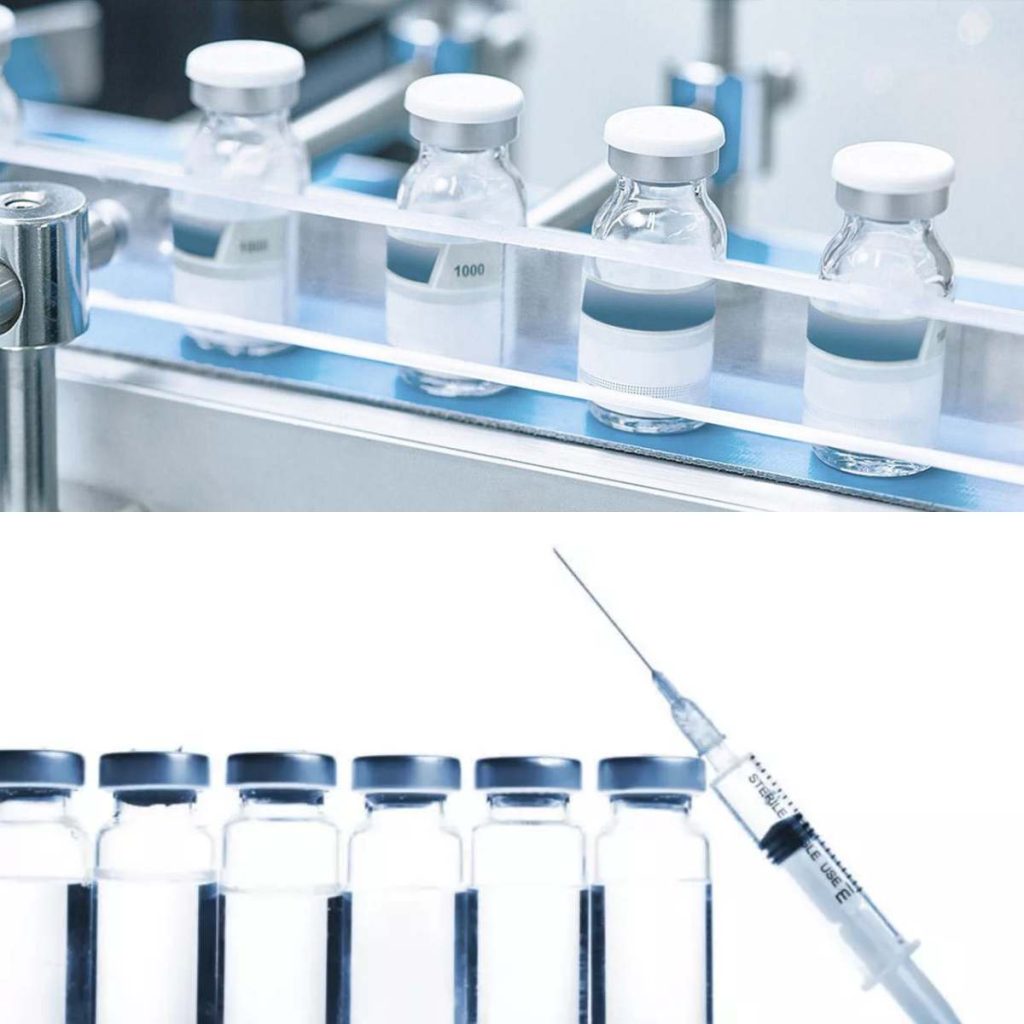
Final Words
Sterile water for injection is an essential component of the medical field. It plays vital roles in the secure and efficient administration of medication and care of the medical devices. The purity and sterility of the water make it essential for many medical procedures.
Like any other medical product it is crucial to follow the instructions of qualified medical experts when it comes to making use of sterilized waters to inject. Their experience ensures that the product is utilized in a safe method, at the proper time and for the appropriate purpose, ultimately leading to improved patient outcomes.
If you’re in search of top-quality medical pure water systems or pharmaceutical water solutions, come to discover Molewater. We focus on multi-grade water treatment equipment and offer safe, professional and reliable support to pharmaceutical labs, hospitals, and many more.
